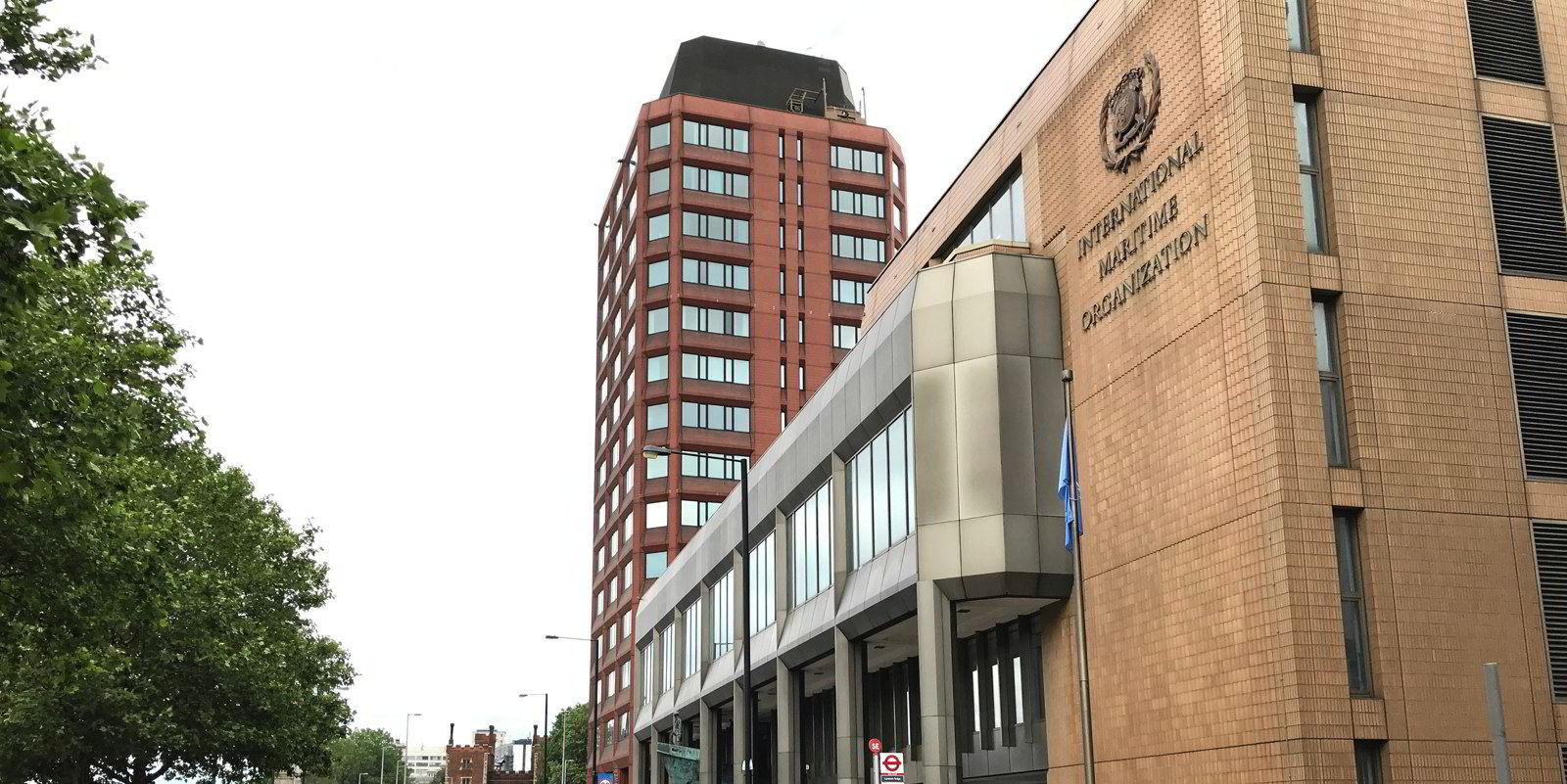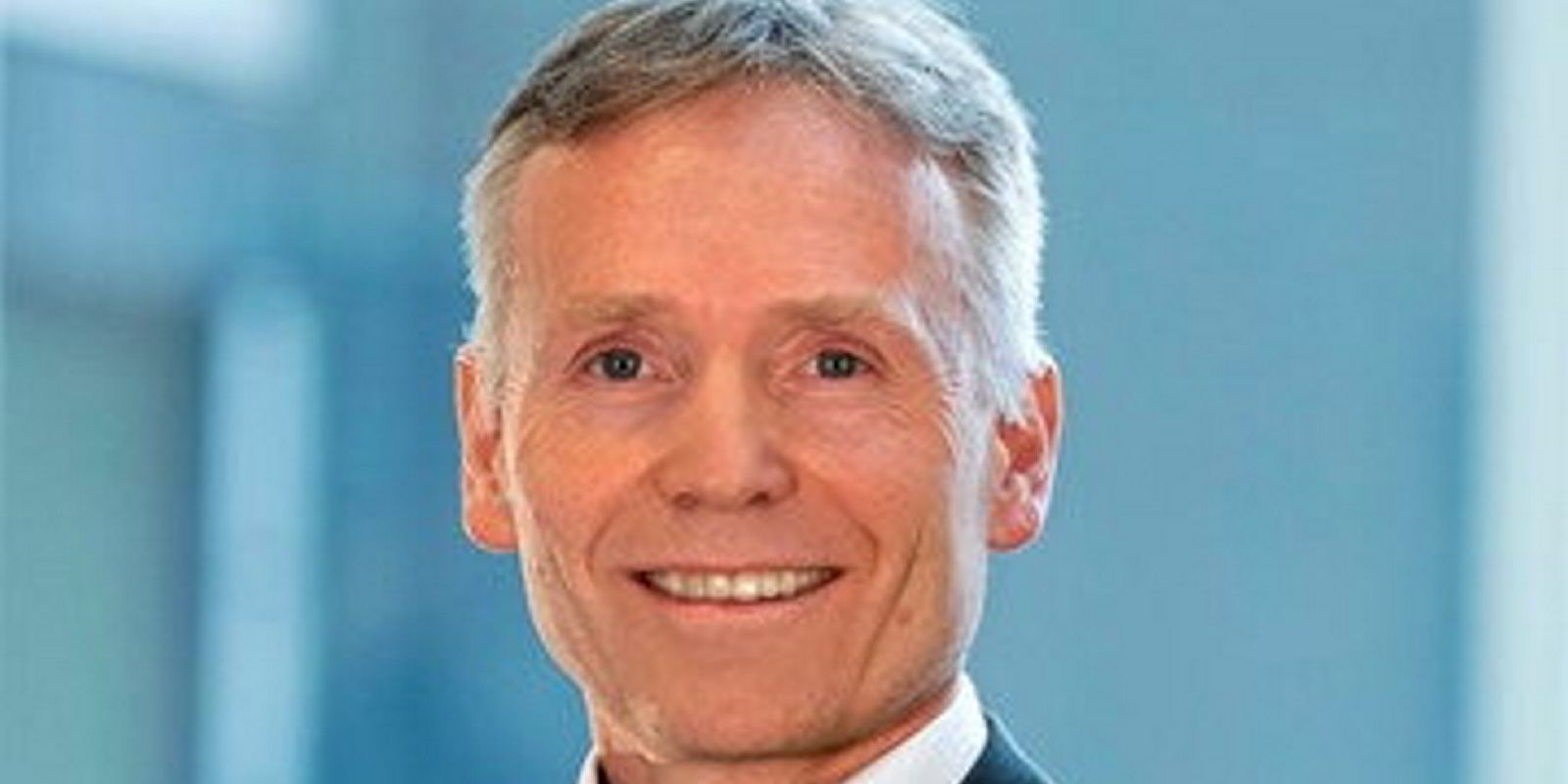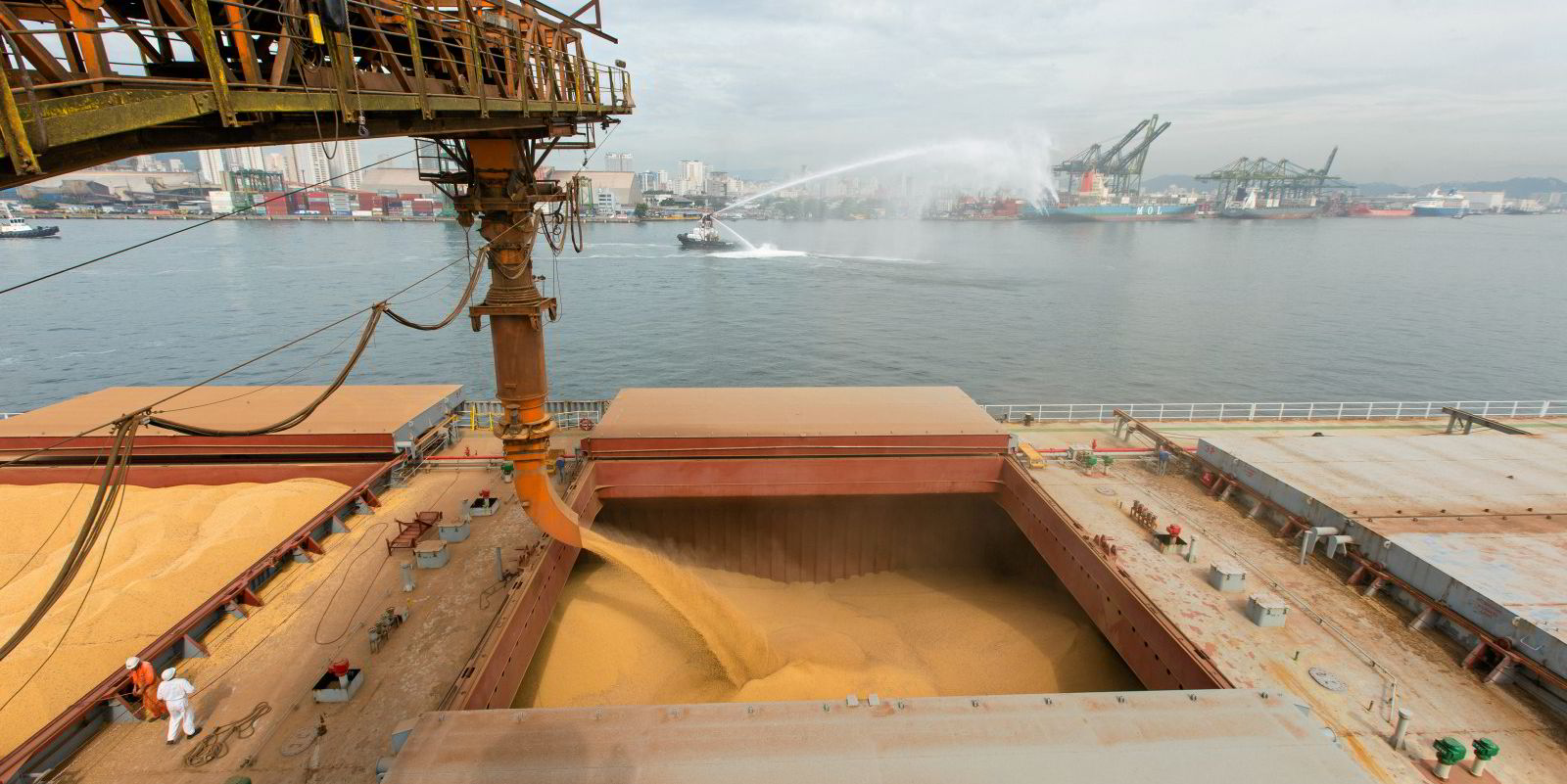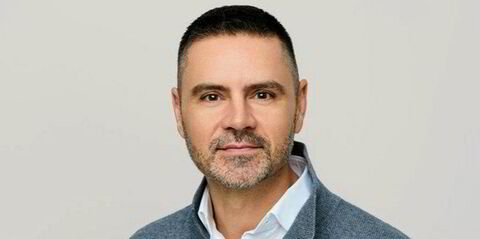ABS chief executive Christopher Wiernicki is meeting up with leading shipping industry executives at COP26 in Glasgow to discuss the best way forward to decarbonise the shipping industry.
As the discussion gets underway, the weight of international government pressure is almost certainly set to push the International Maritime Organization towards mandating a target of net-zero greenhouse gas emissions by 2050.
All leading classification societies — through their roles in providing safety certification and developing technology — will be closely involved in helping shipowners to decarbonise. But are they ready for a shift to net-zero goals?
Wiernicki believes that while the IMO's medium-term goal to 2030 — to improve the carbon intensity of shipping by 40% — is achievable, there is a big question mark over the 2050 ambition.
"There is a clear line of sight to the 2030 targets with LNG as a fuel, improved vessel performance, energy saving devices and power limitation. But to 2050, there isn't any clarity at the moment," he said.
"Everyone needs to collectively work together, you almost have to start right now to get to 2050," he said. "Success is a team sport, and shipowners cannot do this on their own. You have to have governance step in and step up. You really need public private partnerships starting to develop," he said.
ABS has been mapping out the possible fuel and technology pathways to achieving net-zero emissions through methods including LNG, biofuels, green hydrogen, ammonia, renewables, carbon capture and battery power.
Well positioned
Wiernicki said the classification societies are well placed to bring together the multiple public and private stakeholders that will all play a role in decarbonising the industry.
"I believe class is built to help the shipping industry address and begin to understand the challenges, and identify the opportunities," he said.
"We play in the sweet spot between safety, regulation, technology and governance. Plus we play in the sweet spot between owners, builders and equipment manufacturers.
"We are uniquely positioned to begin to help digest, process and look at information going forward. And the other thing is we are independent," he said.
ABS recently announced a tie-up with Hyundai Heavy Industries on developing green hydrogen. It is one of many ABS projects that bring together different parties working to the same decarbonisation goal.

But there have been questions raised on whether the traditional classification business will be up to the task of helping the industry achieve rapid change. The tie-up's focus has been on ship structure and it is bound, to some extent, by the ponderous development of government rule-making through the IMO.
Wiernicki accepts that classification services will need to keep ahead of technological developments, especially the move to digitalisation.
But, he believes classification can help drive rule development to keep pace with change.
"Regulations of the future will have to keep up with the class of the future," he said. "I think class will actually push the regulations."
Wiernicki said the demands of decarbonisation, and the progress of digitalisation, will require fundamental changes to shipping's cornerstone safety regulations, as the traditional split between shore side and on-board roles changes.
"I think that Solas [the International Convention for the Safety of Life at Sea] is a great example," he said. "It will need to be modernised, as does the STCW [International Convention on Standards of Training, Certification and Watchkeeping for Seafarers], as we begin to look at the different responsibilities between what is handled on the vessel and what is not."
"In this new world, whether its alternative fuels, or something like cyber security, a greater reliance on cyber-enabled physical systems is going to require a more holistic systems view of safety," he said.
ABS has started a working group — called Rules 2025 — to look at the way regulations will need to be changed to keep up with technological developments.
"Class historically is focused on structure and structural rules but, as we move forward, we are really looking at the impact of data potential, and the safety issues of different types of fuels related to machinery. That is going to be more important," he said.
"The classification business 10 years from now will not be the class of today. I've seen this at ABS. I've seen the commitments that we have made to digitisation and the type of talent we are bringing in."






